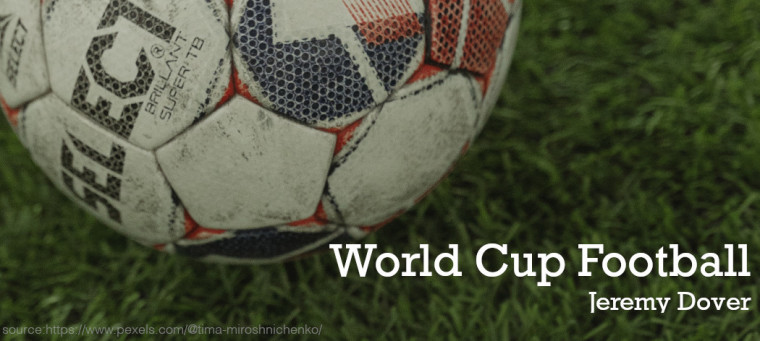
The FIFA World Cup in Qatar has been a honeypot for protests. Our Australian Socceroos started the ball rolling early with a video calling out the Muslim nation over human rights abuses.
Reports say 6500 stadium workers have died since the World Cup was announced in 2010. The official Qatar organising committee says the number is around 400. This compares to 60 deaths preparing for the 2014 Sochi Winter Olympics and ten workers before the 2010 Beijing Olympics.
Protesters also raised concerns for how same sex attracted fans would be treated in a strict Muslim country that even banned the consumption of alcohol at venues. People have attended venues wearing rainbow clothing to highlight Qatar’s position and to test the government’s laws.
More Protests!
Now add in the World Cup protests against the nation of Iran. Demonstrators have clashed in Tehran over the treatment of women and the strict religious rules they must follow. As a result, protesters in Qatar have highlighted this treatment to the world stage.
Some have even criticized the Iranian players for not being more vocal about issues back home, despite the player’s families being threatened if they did. Further complicating matters, Iran’s regime has been accused of politicizing the football team as part of the promotion of their values to the world. In this situation the protesters and even the political rulers are all using sport to push non-sport agendas.
So What?
What is the summary of all this? Sport has always been and will continue to be political tool. The secret is to find the balance between letting sport have its joyful purity and protecting it from being over polluted by a corrupt hegemony of the powerful. If you think sport is pure then you will try to isolate sport from the society that has birthed it and with the virtues that mould it. This is appealing to attempt, however this is naive at best and impossible to do at worst.
On the other side, to see sport as simply a tool of the powerful pushing their agenda is an overly paranoid and sceptical position that ignores the players and fans joy for the beauty of the game.
Both these positions have an element of truth, however in reality it is about finding the balance and not letting either way be pushed too far.
Awareness or Boycott?
As an example, these World Cup protests have been called spineless by some. Critics explain that if these concerns were really important players should boycott the event. This was the position the United States of America took against the 1980 invasion of Afghanistan by the USSR.
The USA boycotted the 1980 Moscow Olympics. Countries and players also chose not to play sport against South Africa as a boycott to their apartheid segregation policies. Sport was used as a political tool through these boycotts.
Did these boycotts work better than that the current protests raising awareness of Qatar’s policies? And what is the best way to make a difference in world events using sport while keeping the beauty of sport? These are questions that none have answered well.
What does God say?
Sport has a unique and complex place in our world. For example, the Olympics carries historical, cultural and social factors meshed within a political and national identity. The Games themselves try to bring peace, a Pax Romana, to the world. However, this legacy is questionable, as Sport Sociologist Paavo Seppänen explains,
“The modern Olympic Games have grown into a social and cultural spectacle without parallel in kind or scope. In spite of its goals of mutual understanding, the Olympic movement has been quite powerless in promoting peace and understanding. Rather, it has become an institution whose primary function is the consolidation of the existing order. Not the individual athlete but the nation-state is the primary unit of the Olympic system. Olympics are misused for political purposes. They depend on the world power balance and on business and are best described by the trinity of Nationalism, Commercialism and Athletism.”
While this hegemonic trinity fails to transform human hearts, sport does provide the perfect universal language for the Gospel to permeate. The true Triune God uses sport many times in the Bible to move from the physical reality we know to spiritual realities we must see.
The Bible is asking us to transpose[i] the temporary struggles and training we see in sport to a spiritual level. For example, when we watch Olympic boxing we are to see beyond the physical to a different kind of fight: the spiritual. When we witness a gold medal victory we are to look beyond the physical to a deeper eternal victory.
Dutch pastor and politician, Abraham Kuyper’s famous quote, summarizes the Gospel’s reach:
“There is not a square inch in the whole domain of our human existence over which Christ, who is Sovereign over all, does not cry, Mine!”
Our focus should be to transpose the lessons from the Bible into every area of life, including the World Cup. It should speak of the gospel elements of love and mercy balanced with justice and doing what is righteous.

Jeremy Dover is a former sports scientist and Pastor
Jeremy Dover's previous articles may be viewed at https://www.pressserviceinternational.org/jeremy-dover1.html
And https://www.pressserviceinternational.org/jeremy-dover.html